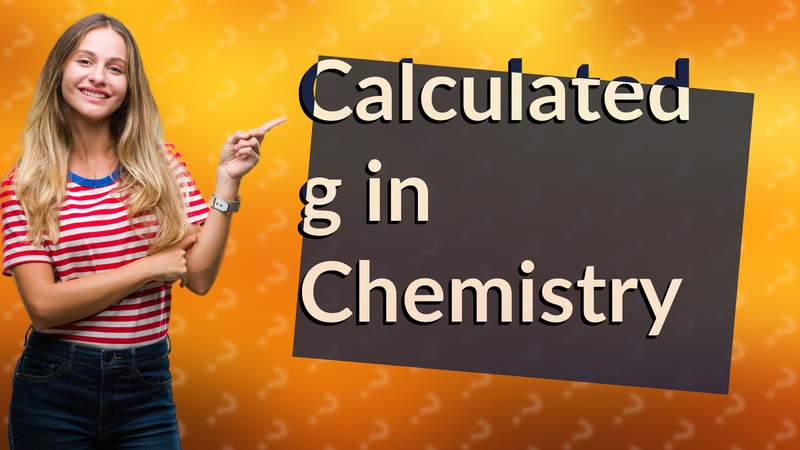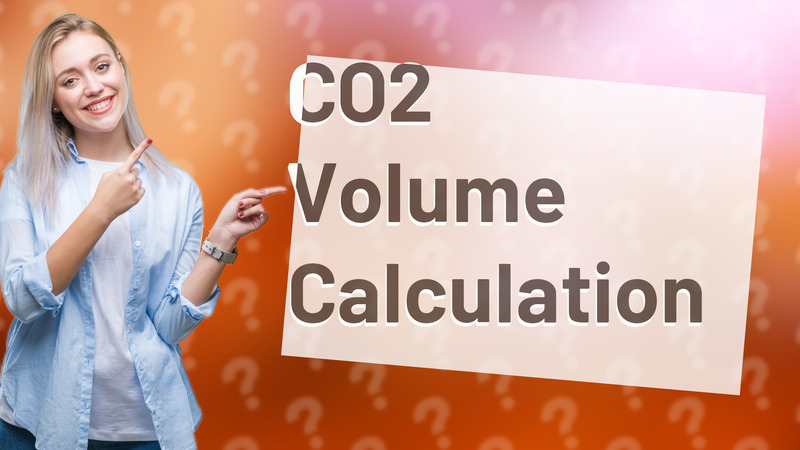
Learn the easy method to calculate the weight of water in hydrates using molar mass. Increase your chemistry knowledge today!

Learn how to convert nitrogen units to kilograms, whether gas or compounds like fertilizers. Follow our step-by-step process for accurate results.

Learn what the gram formula is and how to calculate molar mass for different substances.

Learn what specific gravity is, how to calculate it, and its importance in determining whether substances will float or sink.

Discover how much volume 1kg of CO2 occupies at STP—approximately 0.54 cubic meters. Learn about the ideal gas law.

Learn the basics of using grams in chemistry, including how to denote elements and their atomic masses.

Learn how to calculate mass in grams using moles and molar mass in this concise chemistry tutorial.

Learn how to calculate the gram equivalent of CO2 and its significance in chemical reactions.

Discover how much volume 1 kg of CO2 occupies at standard conditions based on gas laws.

Discover how to calculate the volume of 16g of CO2 using the ideal gas law at standard temperature and pressure.

Learn what 1 gram equivalent means in chemistry and its role in stoichiometry.

Learn about 1 gram, a key unit in chemistry for measuring mass and its significance in scientific calculations.